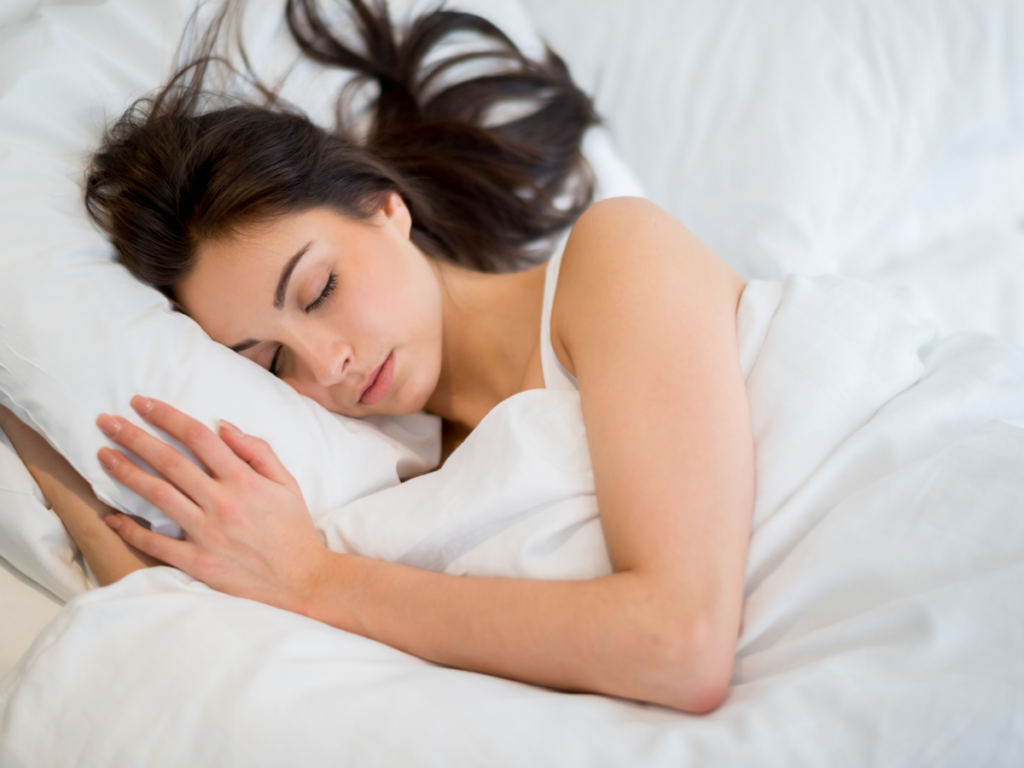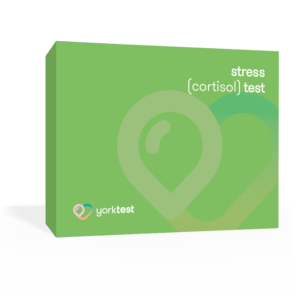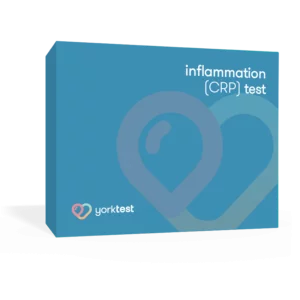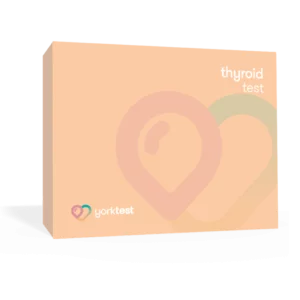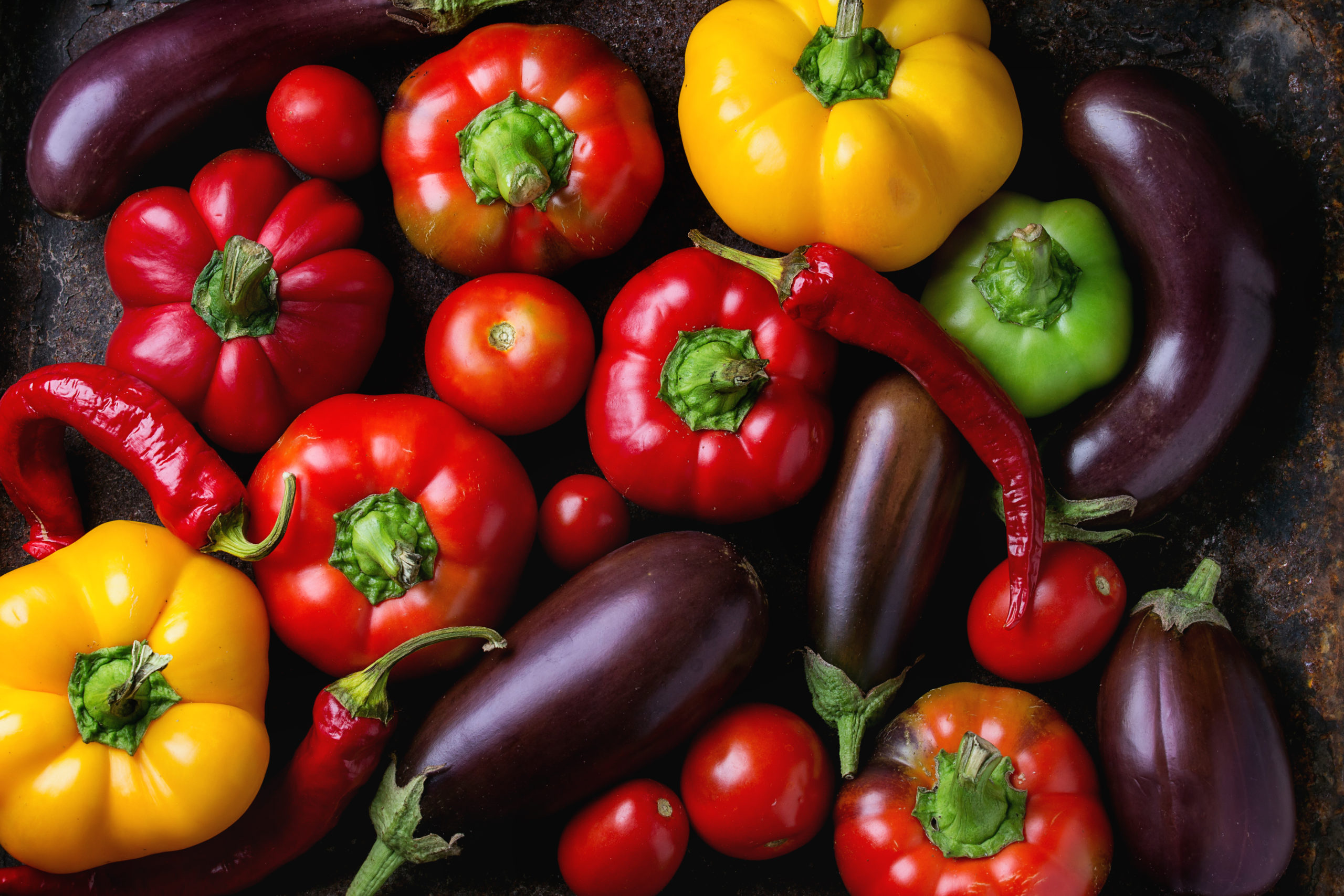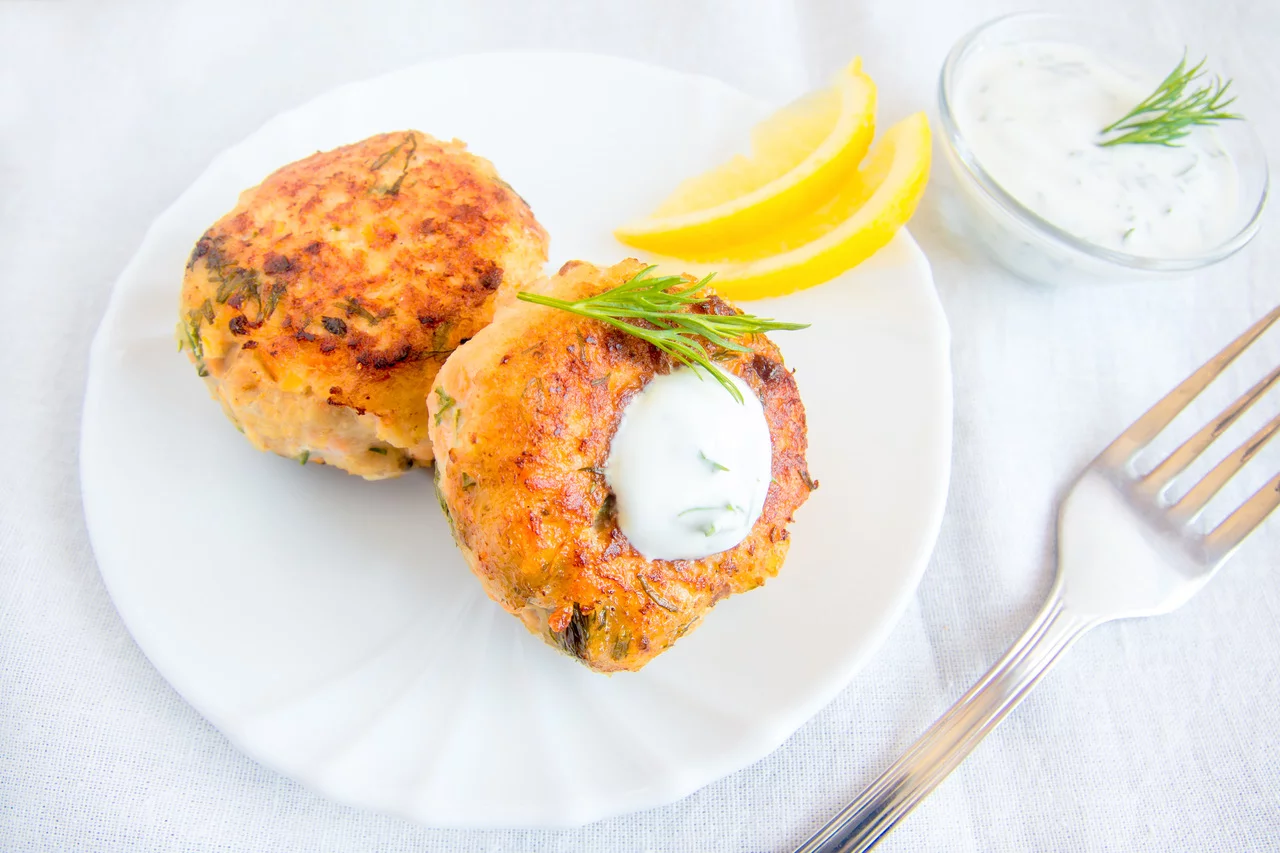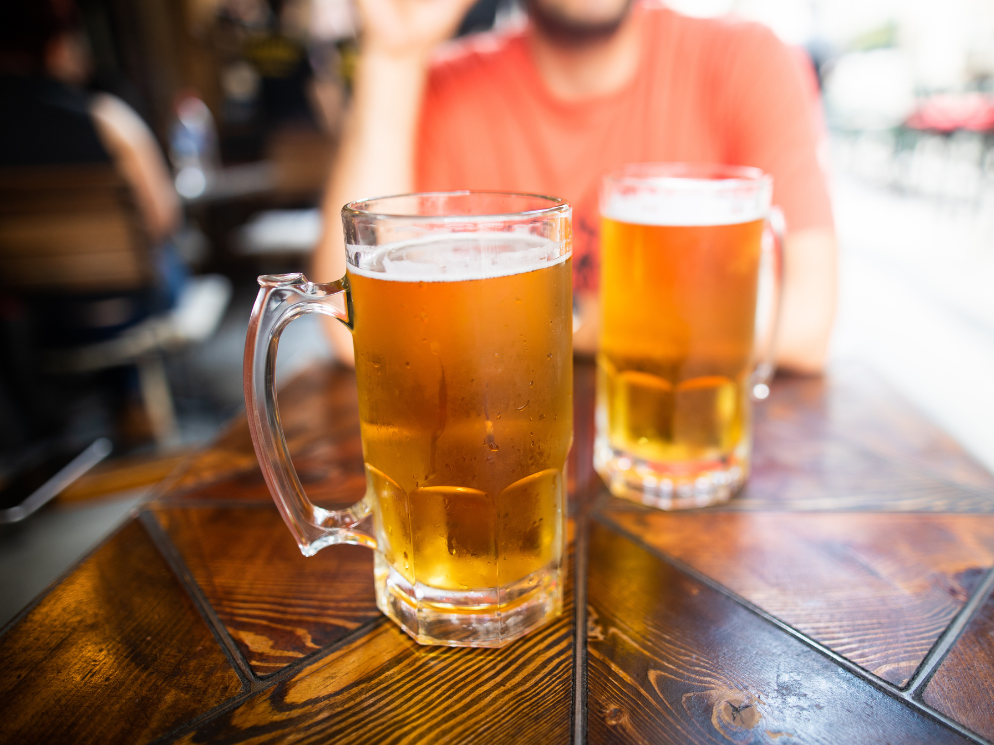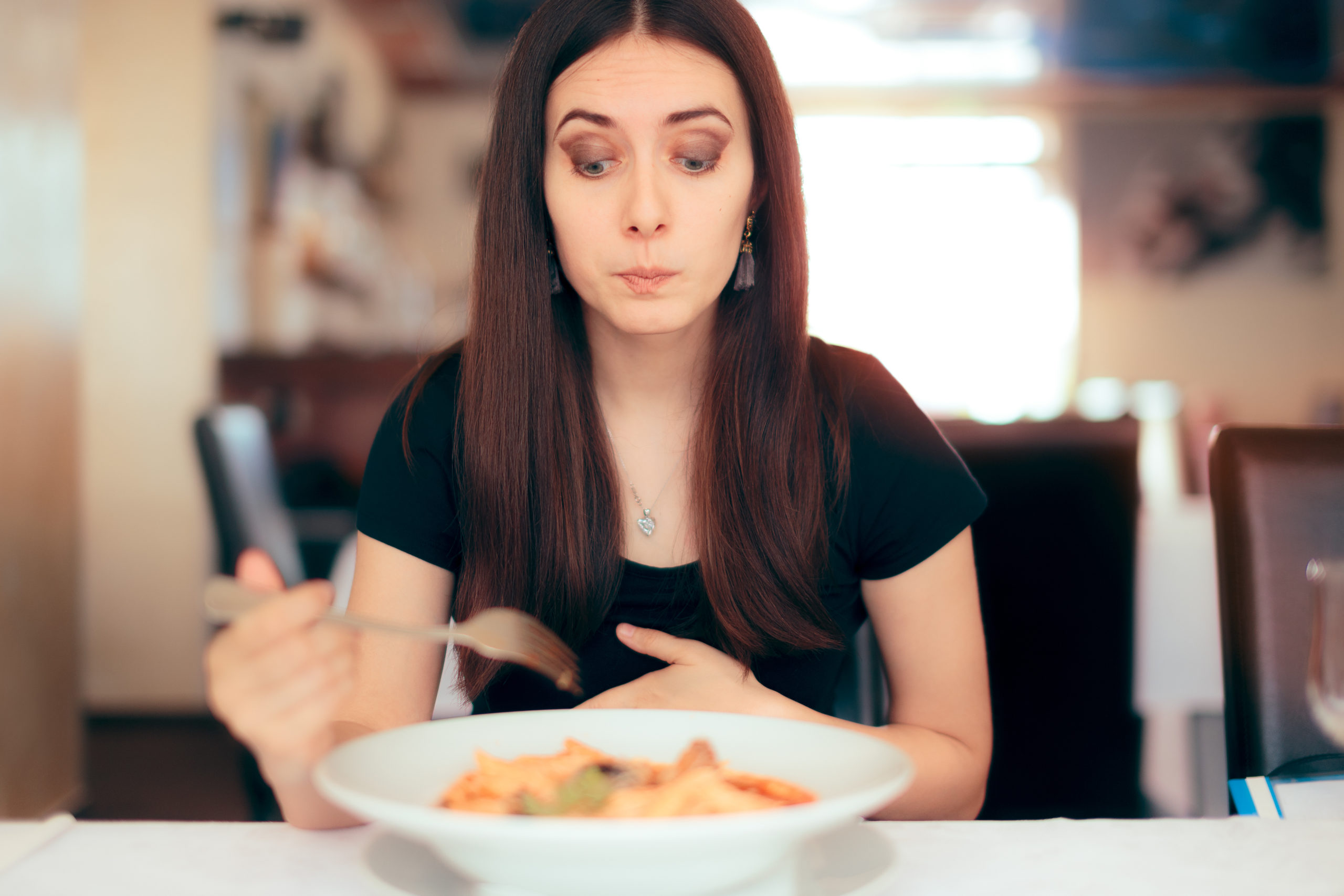With the mornings getting lighter and the sun setting later, more of us may find that we naturally wake up earlier. However, as we approach Daylight Savings, this transition can easily impact our sleep patterns. But what if we could have more control over our sleep with the foods that we eat?
A solid sleep schedule can set us up for a good day, and help to prevent the afternoon slump. When we get a bad night’s sleep, our moods and daily routines are often disrupted. This can be linked to many chronic health problems like heart disease, high blood pressure, obesity and if left ignored, sleep deprivation.
YorkTest nutritionist, Sal Hanvey has shared the foods to provide you with the essential building blocks to get a good night’s sleep, as well as habits to incorporate into your evening routine and what you should avoid.
Eat your way to better sleep: Foods that can help you rest easy
Cherries, Bananas & Tomatoes
Plant-based foods are full of fibre and the likes of tomatoes, cherries and olives are also rich in Vitamin C and magnesium which can help to improve your sleep pattern. Melatonin, which is also known as the ‘sleep’ hormone, is produced by the brain’s pineal gland and partially controls your body’s sleep-wake cycle which is known as the circadian rhythm.
Bananas are especially good to add to your diet to enhance your sleeping journey and are packed with Vitamin B6, potassium and magnesium which help to relax overstressed muscles.
Adding these foods may enhance sleep quality and quantity and could also reduce the chances of cardiovascular risks.
Oats, rice & wheat
Grain-based foods might not be in your usual bedtime snack routine, but oats can be a game-changer for your sleep. Packed with the amino acid tryptophan, oats are also packed with melatonin which can lead to better sleep quality.
Foods filled with oats can also help to decrease anxiety, as oats impact our serotonin levels, which can help to lower the mental and physical agitation that tends to build up over the day which can stop you from falling into a deep sleep. Similarly, bulgur wheat has high levels of magnesium that support the production of relaxing neurotransmitters but it’s important to remember that oats and bulgur wheat both contain gluten for those with intolerances.
Why not try making a Greek tabbouleh salad for dinner with bulgur wheat and a side of grilled chicken to ensure a restful sleep.
Tuna, halibut & salmon
Fish and seafood are often high in Vitamin B6 which also helps to produce serotonin and melatonin, along with boosting your levels of tryptophan which fish is already packed with.
The added benefits are that fish like salmon, halibut and tuna also contain Omega 3 and Vitamin D. Combining all these vitamins and hormones together will set you on the right path for a successful sleeping pattern.
Yoghurt, milk & cheese
Does eating cheese before bed really give you nightmares? Or is it just an old wives’ tale? One study by the British Cheese Board found that 75% of people actually slept quite well after eating a 3-ounce piece of cheese before bedtime.
The amino acids in dairy products are particularly helpful for those who are used to restless nights and regularly toss and turn. Consider consuming more cottage cheese, low fat cheeses and yoghurts to stabilise your sleep pattern and reduce your stress levels.
Build a good nighttime routine
It’s just as important to create the right environment to go to sleep in, alongside being more mindful of your diet.
Take the time to wind down, switch off from the TV and put your phone away. The blue light emitted from the screen restrains the production of melatonin, making it harder to get to sleep and might give you confused messages.
Reduce caffeine consumption, too. Ideally, it is best to stop drinking coffee and tea after 3pm as caffeine blocks sleep-promoting receptors in the brain which leads to more disruptive sleep.
Other tips include ensuring you’re sticking to a routine to allow your body to know when it’s time to get some shut-eye and eliminating light. Try a sleep mask or light-blocking curtains to ensure you’re limiting your light exposure during the night.
What should I avoid before going to sleep?
Sugar-filled foods
We all love a sweet treat in the evening as pudding, but a sugary dessert may be hindering your slumber. Foods such as ice cream and sweets send blood sugar levels spiking, leading to sugar crashes. With the increase in cortisol levels, the body naturally awakens from a slumber which results in a restless sleep.
Alcohol
Ever wondered why you randomly wake up at 4am after a night out? Some people may find alcohol helps them get to sleep initially, due to its sedative properties, but your sleep may only become more disrupted as it can impact your ability to get deep sleep.
Indulging in a tipple here and there should be tolerated but it’s important to monitor as excess drinking can potentially lead to insomnia.
A lot of foods can aid your body to help get a peaceful sleep but knowing your individual food intolerances is important. If your body reacts negatively to cow’s milk or wheat, then a dinner of bulgur wheat salad followed by a bedtime snack of yoghurt could leave you tossing and turning with stomach aches rather than resting easily. So, if you want to kickstart a better sleep routine, taking a food intolerance test might give you the upper hand.


